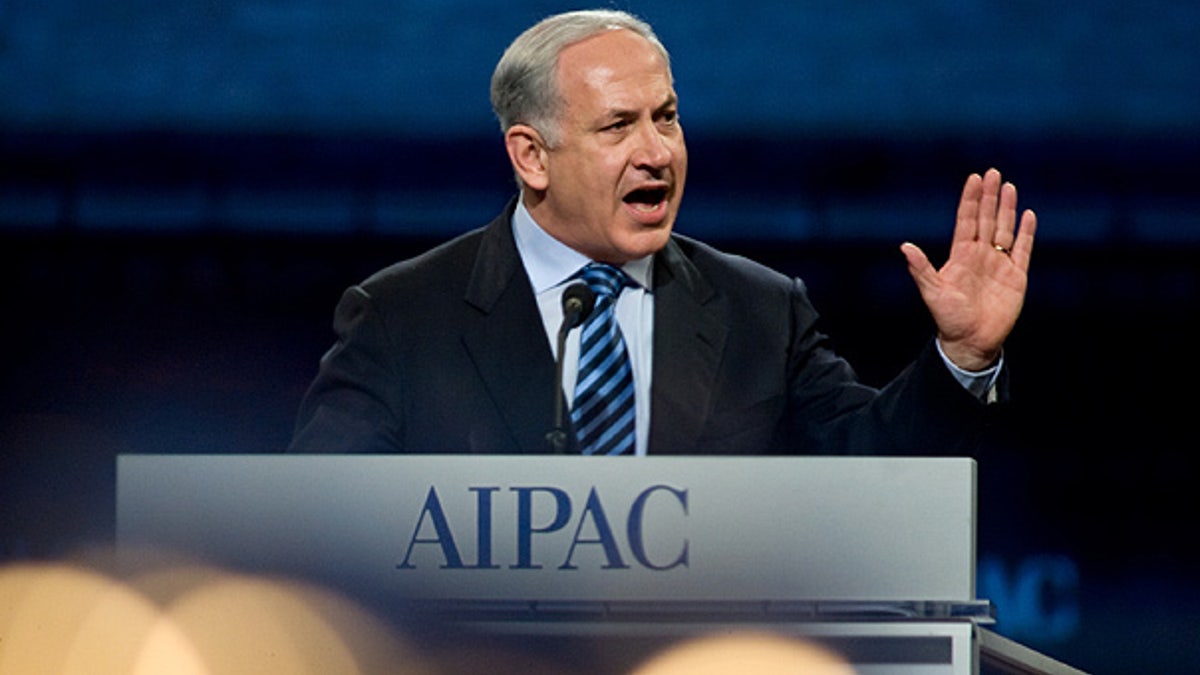
Mar. 22: Israel Prime Minister Benjamin Netanyahu addresses the American Israel Public Affairs Committee Policy Conference dinner in Washington. (AP)
For a head of government to visit the White House and not pose for photographers is rare. For a key ally to be left to his own devices while the President withdraws to have dinner in private was, until this week, unheard of. Yet that is how Benjamin Netanyahu was treated by President Obama on Tuesday night, according to Israeli reports on a trip viewed in Jerusalem as a humiliation.
After failing to extract a written promise of concessions on settlements, Obama walked out of his meeting with Netanyahu but invited him to stay at the White House, consult with advisers and “let me know if there is anything new”, a U.S. congressman, who spoke to the Prime Minister, said.
“It was awful,” the congressman said. One Israeli newspaper called the meeting “a hazing in stages”, poisoned by such mistrust that the Israeli delegation eventually left rather than risk being eavesdropped on a White House telephone line. Another said that the Prime Minister had received “the treatment reserved for the President of Equatorial Guinea”.
Left to talk among themselves Netanyahu and his aides retreated to the Roosevelt Room. He spent a further half-hour with Obama and extended his stay for a day of emergency talks to try to restart peace negotiations. However, he left last night with no official statement from either side. He returned to Israel yesterday isolated after what Israeli media have called a White House ambush for which he is largely to blame.
Sources said that Netanyahu failed to impress Obama with a flow chart purporting to show that he was not responsible for the timing of announcements of new settlement projects in east Jerusalem. Obama was said to be livid when such an announcement derailed the visit to Israel by Joe Biden, the Vice-President, this month and his anger towards Israel does not appear to have cooled.
Robert Gibbs, the White House press secretary, cast doubt on minor details in Israeli accounts of the meeting but did not deny claims that it amounted to a dressing down for the Prime Minister, whose refusal to freeze settlements is seen in Washington as the main barrier to resuming peace talks.





















